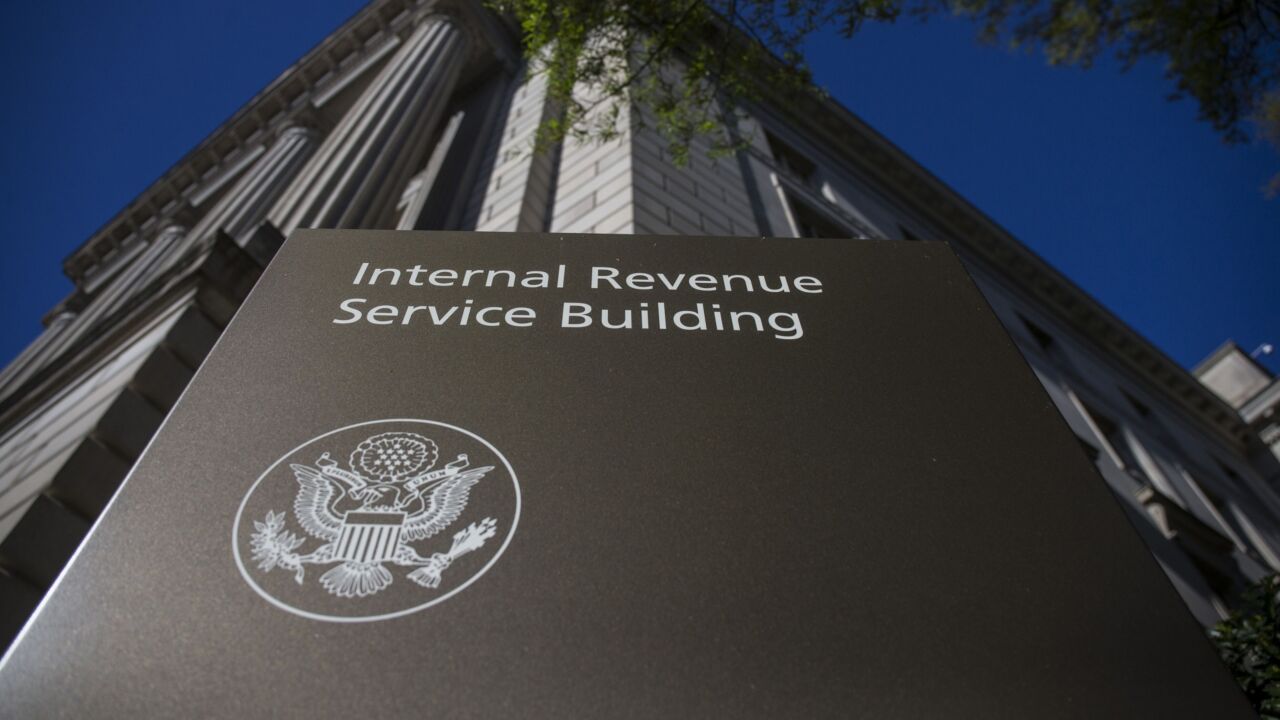Five of China's largest state-owned companies announced plans to delist from U.S. exchanges as the two countries struggle to come to an agreement allowing American regulators to inspect audits of Chinese businesses.
China Life Insurance Co., PetroChina Co. and China Petroleum & Chemical Corp. all disclosed their intentions to delist in statements published in quick succession on Friday, along with Aluminum Corp. of China and Sinopec Shanghai Petrochemical Co.
The U.S. and China have been at odds for two decades over allowing American inspectors access to the audit work papers of Chinese companies. Negotiators have yet to hammer out an agreement with the clock ticking on a congressionally imposed deadline of 2024 to kick off businesses that don't comply. Mainland China and Hong Kong are the only two jurisdictions worldwide that don't allow inspections by the Public Company Accounting Oversight Board, with officials there claiming national security and confidentiality concerns.

As U.S. and Chinese officials try to reach a deal, speculation has been mounting that a solution could involve companies that Beijing deems sensitive voluntarily exiting U.S. markets.
"These state-owned enterprises are in strategic sectors and deemed to have access to information and data that the Chinese government may be hesitant to give access to foreign regulators," said Redmond Wong, a strategist at Saxo Markets.
The China Securities Regulatory Commission said in a statement that the delisting plans were based on the companies' business concerns.
About 300 businesses based in China and Hong Kong — with over $2.4 trillion in market value — risk being kicked off U.S. exchanges as the Securities and Exchange Commission increases scrutiny of the firms, Bloomberg Intelligence estimated in May. Among the biggest are China Life, PetroChina, China Petroleum & Chemical, Alibaba Group Holding Ltd. and Baidu Inc.
It's unclear whether the move to delist will smooth negotiations to break a standoff on audit inspections, a U.S. legal requirement meant to protect investors from accounting frauds and other financial malfeasance. The 2024 deadline stems from a 2020 law called the Holding Foreign Companies Accountable Act that was popular with both Democrats and Republicans.
A voluntary delisting might not keep the PCAOB from demanding to review a company's audit work papers, PCAOB Chair Erica Williams
"If a firm or issuer decides to delist this year, it really doesn't matter to me because I need to know if you engaged in fraud last year," Williams said, not referring to any company specifically.
The SEC on July 29 added Alibaba to a growing list of companies that could be kicked off American exchanges if the two countries fail to reach a deal.
Alibaba said in July it was
Alibaba said in August that it would try to maintain its listing on the New York Stock Exchange and Hong Kong Stock Exchange.
Alibaba, Pinduoduo Inc. and JD.com Inc. fell about 2% in New York. PetroChina fell about 1%, while the Kraneshares CSI China Internet Fund ETF declined 2%. The Nasdaq Golden Dragon Index fell nearly 3%, bringing total losses so far this year to 21%.
The U.S.-China Economic and Security Review Commission, which reports to Congress, says China considers eight companies listed on major U.S. exchanges to be "national-level Chinese state-owned enterprises." They are PetroChina, China Life Insurance, China Petroleum & Chemical, China Southern Airlines Co., Huaneng Power International Inc., Aluminum Corp. of China, China Eastern Airlines Corp. and Sinopec Shanghai Petrochemical.
While the delistings will have little impact on the companies themselves given their New York shares are thinly traded, the moves underscore escalating tensions between the U.S. and China, said Marvin Chen, a strategist at Bloomberg Intelligence.
Relations between the superpowers have been especially tense in recent days after House Speaker Nancy Pelosi's trip to Taiwan prompted several days of Chinese military drills around the island.
Congress is considering legislation that could speed up the delisting deadline to as soon as 2023, adding further pressure for the two sides to quickly reach a deal.
The PCAOB chair has declined to provide a definitive date by which an agreement with Chinese authorities must be reached, but reiterated it would need to be soon.
The New York Stock Exchange
— With assistance from Fion Li, Abhishek Vishnoi, Shikhar Balwani and Filipe Pacheco





